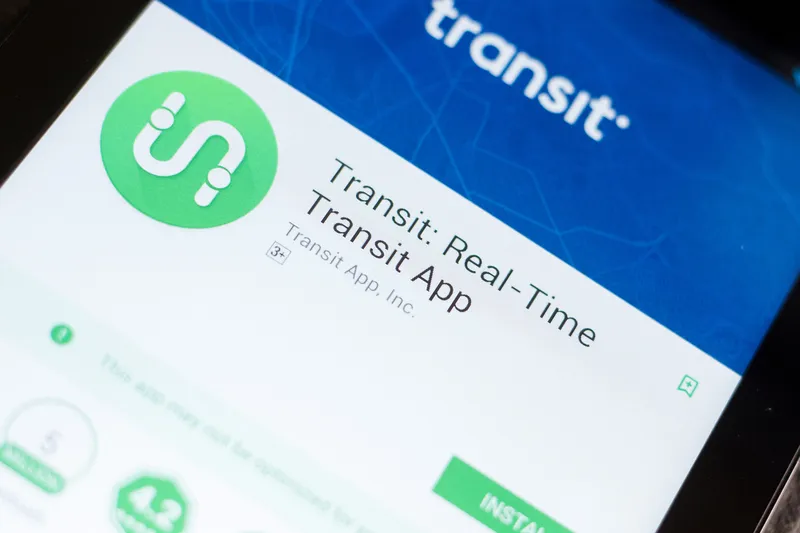Volvo Cars, the Swedish Transport Administration and the Norwegian Public Roads Administration are working together on a project to enable cars to share information about conditions that relate to road friction, such as icy patches, or if another driver in the area has its hazard lights on. The research project is getting closer to real-world implementation; with the technology in place, the testing and validation phase is about to begin. In this phase, Volvo Cars will expand the test fleet 20-fold and broa
February 17, 2015
Read time: 2 mins
The research project is getting closer to real-world implementation; with the technology in place, the testing and validation phase is about to begin. In this phase, Volvo Cars will expand the test fleet 20-fold and broaden the test area to include two big Scandinavian cities: Gothenburg and Oslo. Together, these measures will provide a more complete picture of how the system will work in real winter traffic conditions.
The slippery-road alert also sends information about icy patches to road administrators as a complement to existing measurement stations along the road. The data can help road administrators and their contracted entrepreneurs to better plan and execute winter road maintenance and quickly address changed conditions. In addition, the Norwegian Public Roads Administration will conduct an independent assessment of the system to identify additional uses for the data in aiding future winter road maintenance.
The data will be shared through a cloud-based network – a new approach to improving traffic safety. With the test fleet now expanding from about 50 cars to 1000, the project is moving rapidly towards its goal of making the technology available to customers within a few years’ time.
“The more information that can be shared on the road, the fewer surprises there are. And when you’re driving, surprises are what you most want to avoid,” says Erik Israelsson, project leader Cooperative ITS (Intelligent Transport System) at Volvo Cars.
Volvo Cars is investing in other cloud-based solutions; the hazard-light and slippery-road alerts are the first safety features in the Volvo cloud. The development of sophisticated communication via the mobile network is part of the company’s aim to offer customers a fully connected experience.
“In the future we will have increased the exchange of vital information between vehicles, as well as between vehicles and infrastructure,” says Israelsson. “There is considerable potential in this area, including safer traffic, a more comfortable drive and improved traffic flow,” he adds.









